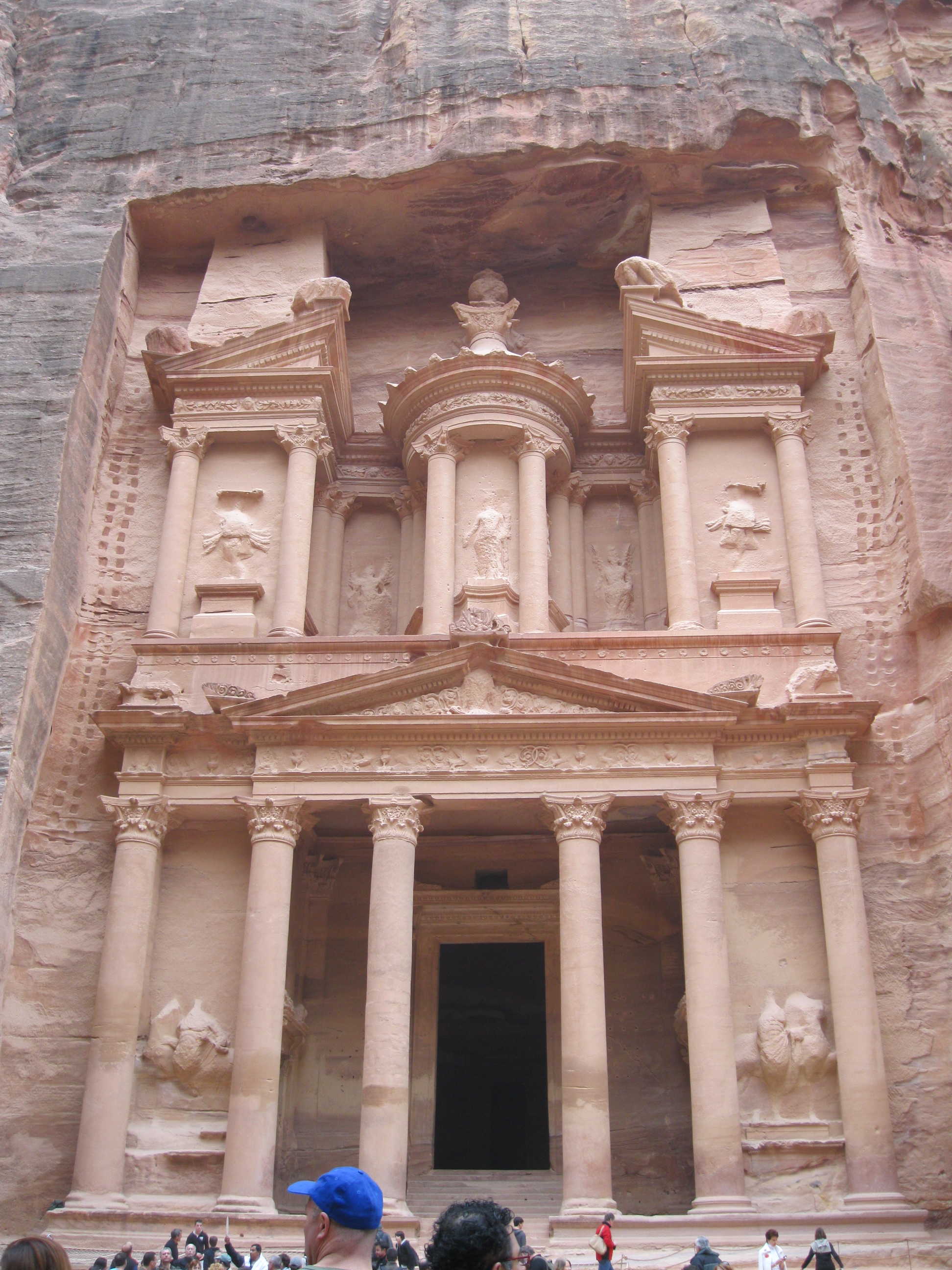 Saturday, August 25th was the deadliest day of fighting in Syria as over 300 deaths were reported. Yet the news cycle in the United States focused on the latest slander and pettiness from the US presidential election. Most all of the Sunday morning talk shows focused solely on the upcoming Presidential election – how hurricane Issac will impact the Republic Convention, whether Mitt Romney’s comment on his birth certificate (and subtle jab on Obama’s birth certificate allegations) were appropriate and what the latest polls indicated.
Saturday, August 25th was the deadliest day of fighting in Syria as over 300 deaths were reported. Yet the news cycle in the United States focused on the latest slander and pettiness from the US presidential election. Most all of the Sunday morning talk shows focused solely on the upcoming Presidential election – how hurricane Issac will impact the Republic Convention, whether Mitt Romney’s comment on his birth certificate (and subtle jab on Obama’s birth certificate allegations) were appropriate and what the latest polls indicated.
I wonder how many coffee table discussions and family debates centered on the latest US presidential election vs the atrocities in Syria? Did our schools’ current events sessions at all address events happening outside of the Presidential election? Democracy should indeed be celebrated. In one way, Americans should be analyzing the candidates and contemplating who is best positioned to lead the country. Many Syrians are literally – and tragically – dying for this right.
But at the same time, I believe that the pettiness, name-calling and over-analysis that comes with US politics brings out the myopic thinking and polarization of American politics and society. Regardless which candidate wins in November, I believe that Americans – both civil society and government leaders – need to get past the bickering and demonstrate the ability to work with those from different countries, political parties and ideologies to find solutions to global and complex problems.
This week, Republicans will gather for their convention. Next week it is the Democrats’ turn. There will surely be lots of name-calling, rehearsed zingers, overused soundbytes and wild applause at both spectacles. At the same time, the country of Jordan will be celebrating the 200th anniversary of the discovery of an ancient civilization.
200 years ago a Swiss explorer named Johan Ludwig Burckhardt discovered one of the most amazing cities known to mankind – Petra in the southern part of Jordan. Those who have been fortunate enough to visit the city or caught a glimpse of it in the film Indiana Jones and the Last Crusade understand very well the reason for such a celebration. My wife and I had the pleasure of visiting this astonishing ancient civilization and its numerous tombs and rock formations in December 2010. The city’s most famous image is the Khazneh, translated into English as The Treasury. Truly it is difficult to put into words the splendor of this UNESCO World Heritage Site.
Particularly noteworthy about Petra is the lesson the city can serve today in our polarized world. Our Petra tour pamphlet noted that the Nabateans founded the city some 2200 years ago. Prior to coming to what is now Jordan, the Nabateans lived in northwestern Arabia and were influenced by major foreign cultures. They became undisputed masters of the region’s trade routes, levying tools, protecting caravans laden with Arabian frankincense and myrrh, Indian spices and silks, and African ivory and animal hides. The brochure stated: “The Nabateans were clever and practical people, they never believed in national exclusiveness, were open to outside cultural influences, absorbed them and then added to them their own native touch so that the final outcome of this interaction was a wonderful melting pot.” Seeing this in person, one can really see all these influences come together to form something truly majestic.
The Nabateans certainly weren’t influenced by their own cultural pre-suppositions and stereotypes. Had they been, such a splendor that is attracting thousands of tourists a day some 22 centuries later would have never been constructed. The Nabateans created a world wonder thanks in part to the fact that they were immersed and learning from other cultures and thoughts.
Those taking part in the political conventions as well as journalists, teachers, parents, communicators, business leaders and anyone else committed to making the world a better place can also heed the lessons from the Nabateans. In the midst of the busy US presidential campaign, it would be time well spent to reflect on how the Nabateans created such a city that has made a lasting impact for generations. Perhaps we will never be tasked with literally building a city. But by working with those from outside of our comfort zones, we too have the potential to create impact that can be felt by future generations.
